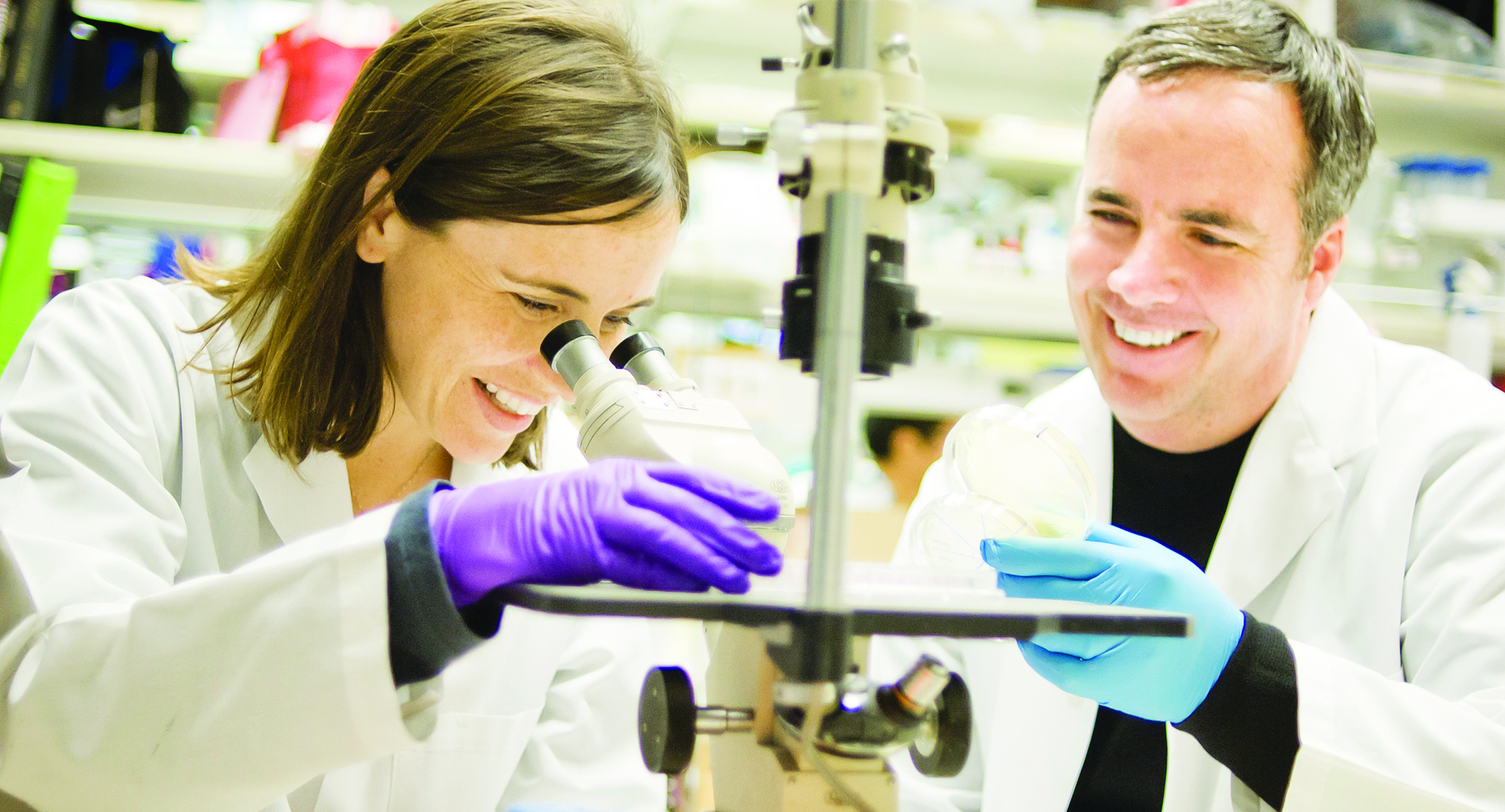Institutions and Programs
- As of December 2023, there are 142 U.S.-based colleges and schools of pharmacy with accredited (full or candidate status) professional degree programs. The Accreditation Council for Pharmacy Education (ACPE) accredits programs.
- Of the AACP member colleges and schools of pharmacy, seventy-two (72) colleges and schools are in private institutions and seventy (70) are in publicly supported universities.
- In fall 2023, a total of 5,974 full-time and 268 part-time pharmacy faculty members were reported at 111 colleges and schools of pharmacy.
- For fiscal year 2022–23, national mean reported pharmacy school revenues were approximately $31 million and median revenues were approximately $18 million.
- For fiscal year 2022–23, national mean reported pharmacy school expenditures were approximately $19.3 million and median expenditures were approximately $12.2 million.
Student Pharmacists
- First professional degree enrollments ranged from 20 to 1,214 students per college or school in fall 2023.
- Total first professional degree enrollment was 44,403 in fall 2023.
- The number of students already holding a professional B.S. in pharmacy and enrolled in Pharm.D. programs was 483 in fall 2023.
- Of the total number of students enrolled in first professional degree programs for fall 2023, 67.8 percent were women, and 21.6 percent were underrepresented minority students.
- First professional student pharmacist enrollments (in all professional years) were down 3 percent compared to fall 2022.
- Attrition estimates (tracking enrollees through to graduation) over the past five years have averaged 13.4 percent per class.
- Total fall 2023 full‑time graduate student enrollment was 5,435 (3,529 students in Ph.D. programs and 1,906 in M.S. programs).
- In 2022–23, 12,639 first professional degrees in pharmacy were awarded: 66.4 percent to females, 33.5 percent to males, and 0.1 percent to unknown/other gender. In addition, 189 post-B.S. Pharm.D. degrees were awarded.
- In 2022–23, 657 Ph.D. degrees were awarded (52.7 percent to females, 47.3 percent to males, and 0.0 percent to unknown/other gender). 1,888 M.S. degrees were awarded (68.4 percent to females, 30.9 percent to males, and 0.7 percent to unknown/other gender).
Sources: AACP's institutional, faculty and student databases track on an annual basis the status of pharmacy's academic enterprise. Data in "Academic Pharmacy's Vital Statistics" are reflective of the Association's Profile of Pharmacy Faculty and Profile of Pharmacy Students.
Programs in Pharmacy
The Pharmacy School Locator represents accredited programs that have student enrollments. To ascertain the current accreditation status of each program, contact the individual college or school, or the Accreditation Council for Pharmacy Education, 190 S. LaSalle Street, Suite 2850, Chicago, Illinois 60603. Telephone: 312-664‑3575.

